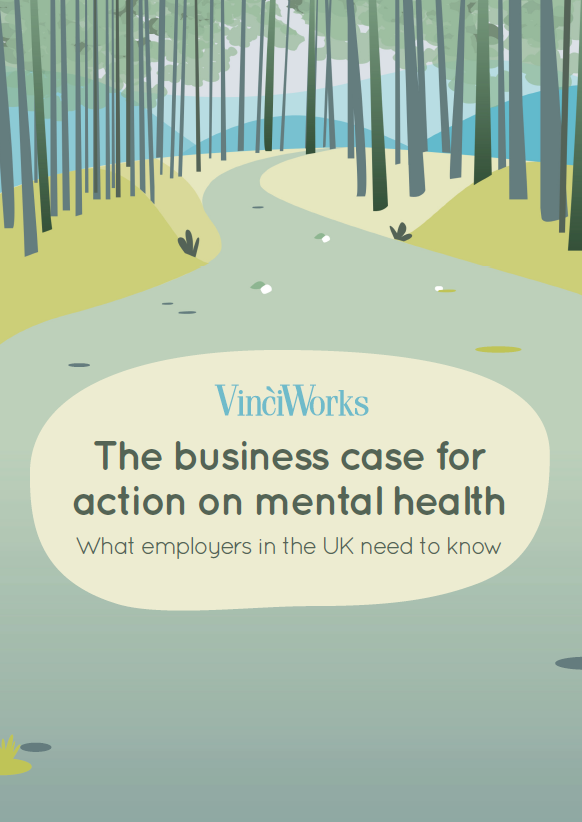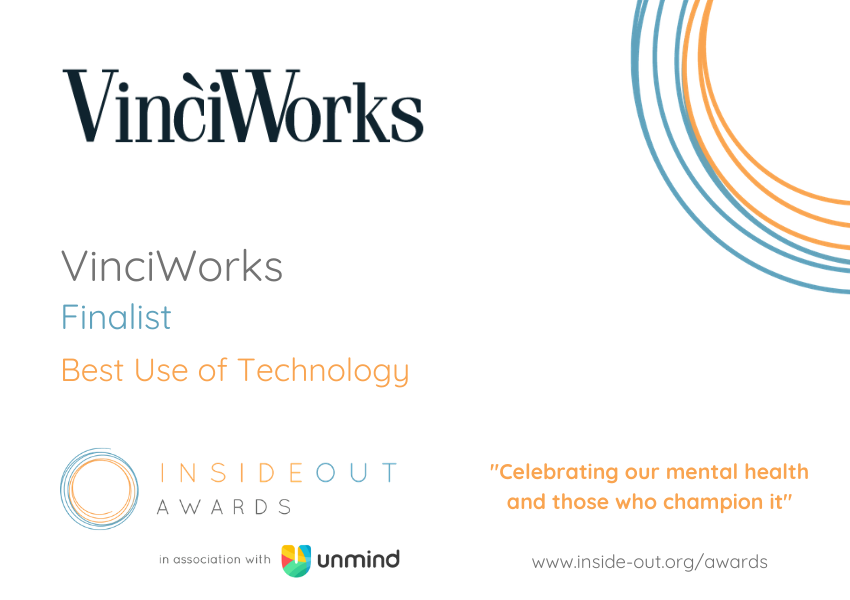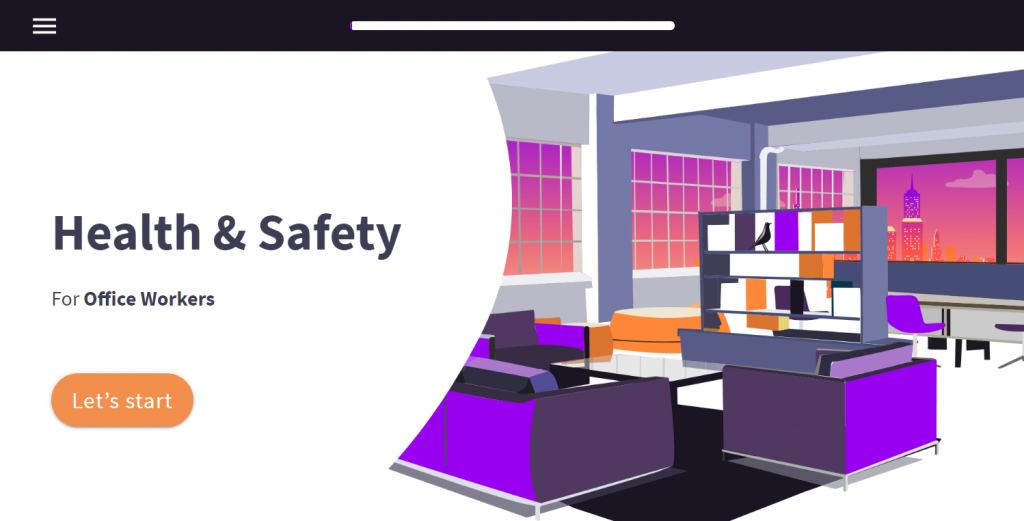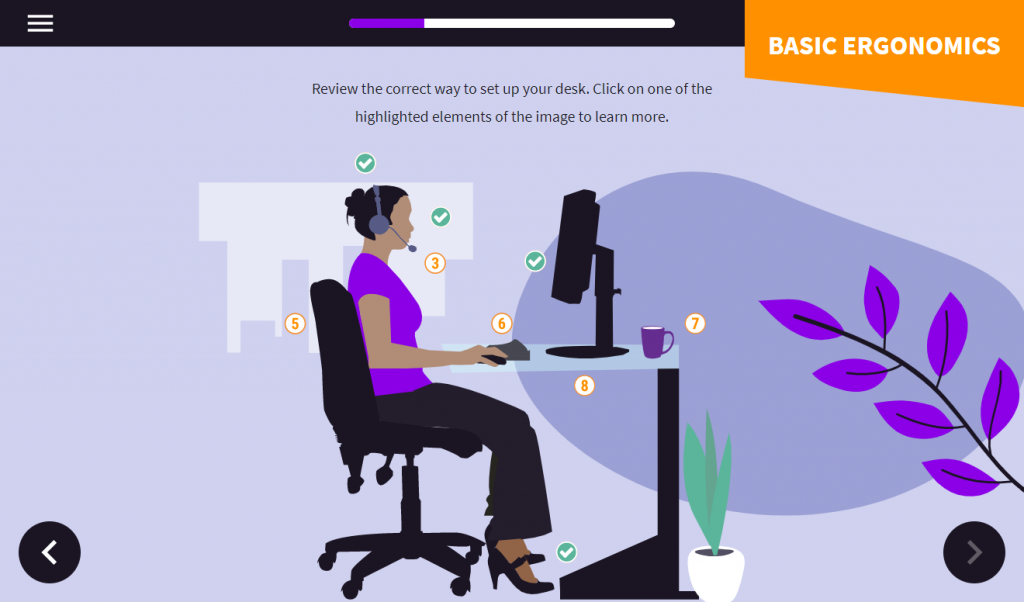
Around one in four adults in the UK experience mental health issues. These problems can often be exacerbated by work. The problem is that the vast majority of mental health training solutions require onsite, day-long, classroom-based external sessions that require a significant time and cost investment. Only the largest or most progressive companies can afford this form of training.
Convincing leadership to include company-wide mental health training in their budget and that effective training doesn’t need to come at a huge cost has proven to be a real challenge. VinciWorks has created a short guide to help present a business case for mental health training and get board buy-in.
The guide covers:
- Some of the difficulties in getting board-level buy-in for action on mental health
- Shocking statistics surrounding wellbeing at work
- Guidance on how to get buy-in for mental health training
- Business’ legal requirement to provide mental health training




